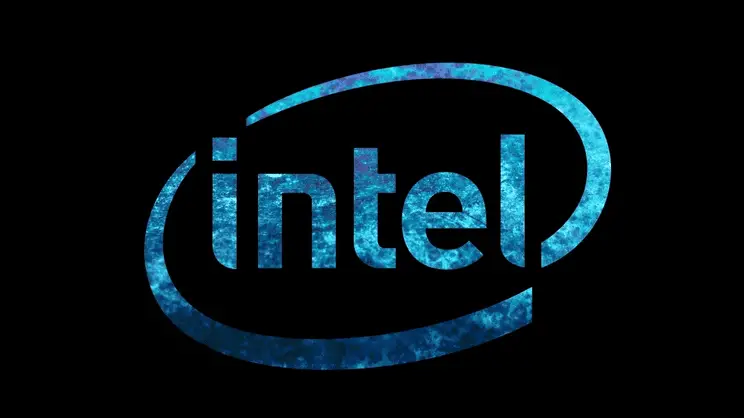Intel wrote an open letter apologizing for the shortage of supply
Intel’s vice president of marketing recently posted an open letter on Intel’s official website, in which the vice president said he apologized for the shortage of supply. Due to strong demand and limited capacity in the desktop chip industry, many manufacturers are facing Intel’s shortage of supply, especially for low-end desktop chips. Because Intel’s priority is to solve the high-end chip problem after the shortage of supply, that is, to meet the high-end chip capacity as much as possible, after all, these profits will be higher.

In the open letter, Intel’s vice president of marketing said that although the company has done its best, it still has not solved the problem of desktop chip supply. At the same time, Intel has also invested more capital expenditures to meet the continued strong demand, which is used to optimize the production line to increase production capacity. After the chip factory could not meet the demand, Intel also distributed the order to the external contractor, hoping to continue to expand the overall shipments with the help of contractors. Intel also mentioned that market demand is still very strong in the second half of the year and exceeds Intel’s expectations, which is one of the reasons why Intel cannot continue to meet the supply. In addition, Intel is currently investing in 10-nanometer chips to increase production capacity. Intel is currently transitioning from a 14nm process to a 10nm process.
At the end of the open letter, Intel’s vice president of marketing also apologized to partners and manufacturers, because of the shortage of supply, many manufacturers have delayed orders. Obviously this is also a very big challenge for manufacturers, and Intel’s delayed shipments have forced manufacturers to delay the launch of many new hardware products. Intel also released new shipment and shipment schedule data to manufacturers, which are not publicly available and it is not clear whether they can meet the needs of manufacturers.





